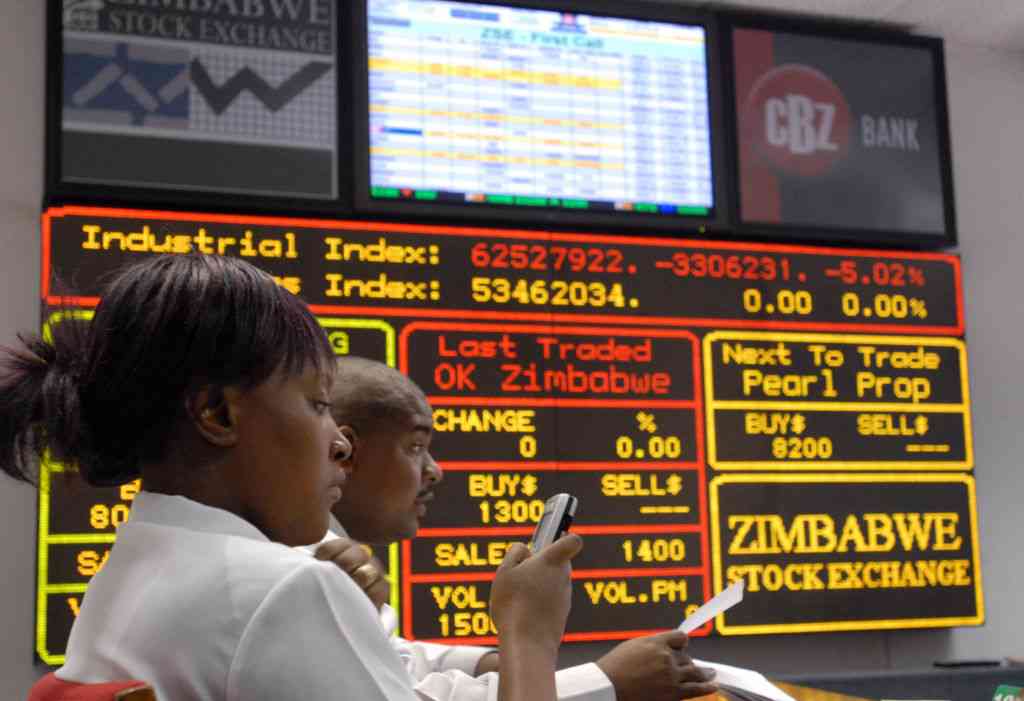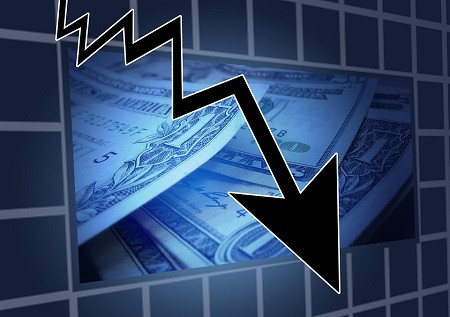
IN 2024, the Zimbabwe Stock Exchange (ZSE) experienced two significant bull runs: one at the end of the first quarter and another at the close of the second quarter, extending into July.
The first-quarter activity was marked by hyperinflation, while the second-quarter surge was driven by policy changes on capital gains withholding tax, improved liquidity, and a stable exchange rate.
Notably, all indices on the ZSE were rebased to 100 on April 8, 2024, coinciding with the introduction of a new currency, Zimbabwe Gold (ZiG), symbolising the start of a new era. However, in the third quarter, the ZiG began losing value on the parallel market, prompting the central bank to implement tight liquidity measures.
This led to a consistent downtrend in value for the remainder of the year.
This is demonstrated by stock prices failing to adjust to the 43% devaluation of the ZiG introduced by the Reserve Bank of Zimbabwe at the end of September. On the Victoria Falls Stock Exchange (VFEX), activity remained relatively flat, though occasional large trades occurred.
The year began with the VFEX market capitalisation standing at US$1,22 billion, an average end-of-month market cap of US$1,23 billion was recorded throughout the year, eventually closing the year at US$1,28 billion.
By the end of 2023, the market capitalisation was US$1,526 billion, using an exchange rate of US$1 = ZW$10,500. In July 2024, market cap peaked at over US$4 billion. However, by the end of 2024, it stood at US$1,668 billion, based on an exchange rate of 40.
For investors, studying market cycles and periodically rebalancing portfolios emerge as key strategies for value preservation and capitalising on opportunities. Although a bull run occurred at the end of the first quarter, the value of trades during that period was only US$19,5 million.
- Inaugural Zim investor indaba highlights
- Stop clinging to decaying state firms
- ZB explores options to tackle inflation
- Zim operations drive FMB Capital
Keep Reading
In contrast, the third quarter saw a turnover of approximately US$31,4 billion, marking the highest quarterly turnover of the year.
Overall, shares worth about US$85,8 million were traded in 2024, up from US$52,13 million in 2023. However, trading volumes on the ZSE in 2024 totalled 1,29 billion shares, reflecting a 32% decline compared to 2023. Investors, who purchased shares in the mentioned counters at the start of 2024 and held them until year-end saw, real-term gains. Mashonaland Holdings topped the gainers with an impressive 234%.
Interestingly, some investors, who bought shares and sold during the market peak around July, also achieved substantial gains, comparable to those of Mashonaland Holdings.
The highest market cap recorded on the VFEX occurred in September, reaching about US$1,295 billion, driven by gains in African Sun, First Capital Bank, and Innscor, while the lowest point was recorded in May when Simbisa led the losers, shedding approximately US$25 million.
The foreign-denominated bourse offers opportunities for long-term investors interested in acquiring stakes in blue-chip counters listed on the exchange, which are currently trading at a discount. However, speculators and short-term traders face limited probability of executing profitable trades.
On average, monthly trading volumes throughout the year have not exceeded 20 million shares, with the exceptions of February, July and December. African Sun (50,7 million shares), Zimplow (87 million shares) were notable outliers, with large non-recurring trades that caused spikes in volumes during February and July.
On December 5th, Simbisa (39 million shares) and Innscor (14 million shares) were traded.
Therefore, the highest turnover for the year was recorded this day, totalling US$17,6 million, driven by these large trades.
Most of the counters on this list were adversely impacted by the challenges faced by formal businesses in 2023 and 2024. For example, Truworths struggled to compete with inexpensive clothing from the informal sector, leading to its placement under corporate rescue. Zeco remains the least traded counter on the entire bourse. The share prices of the other counters were also influenced by corporate transactions that occurred throughout the year. — Fincent Capital.











